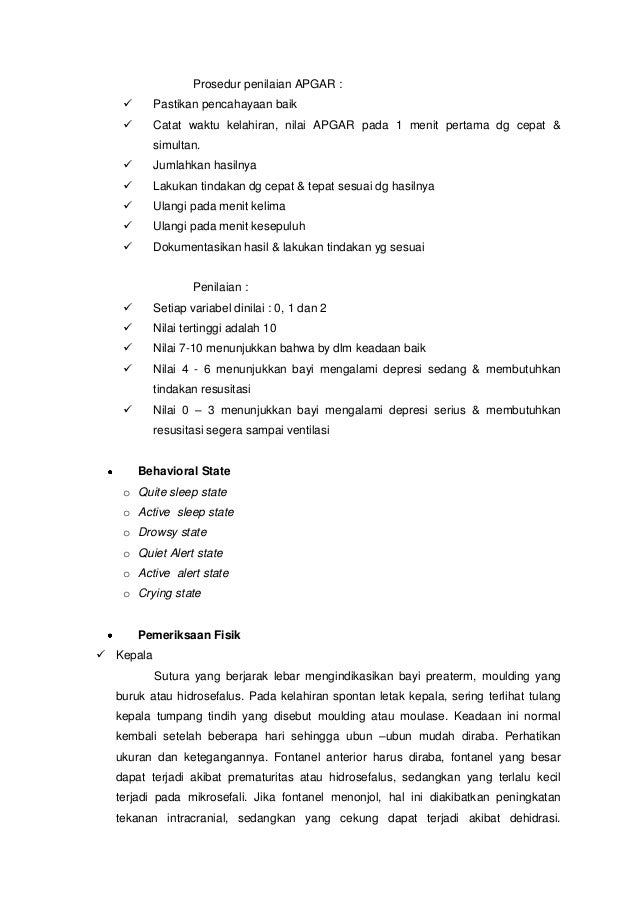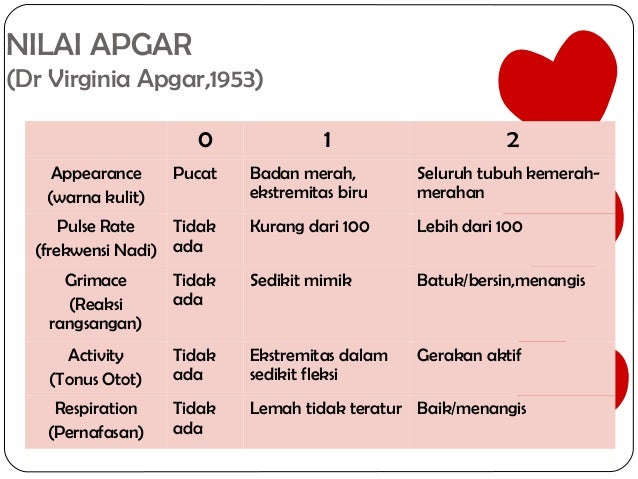

Levy-Shraga Y et al Follow-up of newborns of mothers with Graves’ disease.

This study was performed to examine the levels of TSH and free T 4 in babies born to women with Grave’s disease to determine how often the thyroid function of the baby is affected. Graves’ disease in newborns is very rare, but can be severe and life threatening and have major effects on development. One complication of Graves’ disease in women during pregnancy is the possibility that this antibody crosses from the mother to the developing baby and causes hyperthyroidism. Graves’ disease, the most common cause of hyperthyroidism, is caused by the body making an antibody (thyroid stimulating immunoglobulin) that turns on the thyroid. Thyroid stimulating immunoglobulin (TSI): antibodies often present in the serum of patients with Graves’ disease that are directed against the TSH receptor, that cause stimulation of this receptor resulting in increased levels of thyroid hormones in the blood and hyperthyroidism TSH: thyroid stimulating hormone - produced by the pituitary gland that regulates thyroid function also the best screening test to determine if the thyroid is functioning normally.

T 4 gets converted to the active hormone T 3 in various tissues in the body. Thyroxine (T 4): the major hormone produced by the thyroid gland. It is caused by antibodies that attack the thyroid and turn it on. Graves’ disease: the most common cause of hyperthyroidism in the United States. Hyperthyroidism may be treated with antithyroid meds (Methimazole, Propylthiouracil), radioactive iodine or surgery. Hyperthyroidism: a condition where the thyroid gland is overactive and produces too much thyroid hormone.


 0 kommentar(er)
0 kommentar(er)
